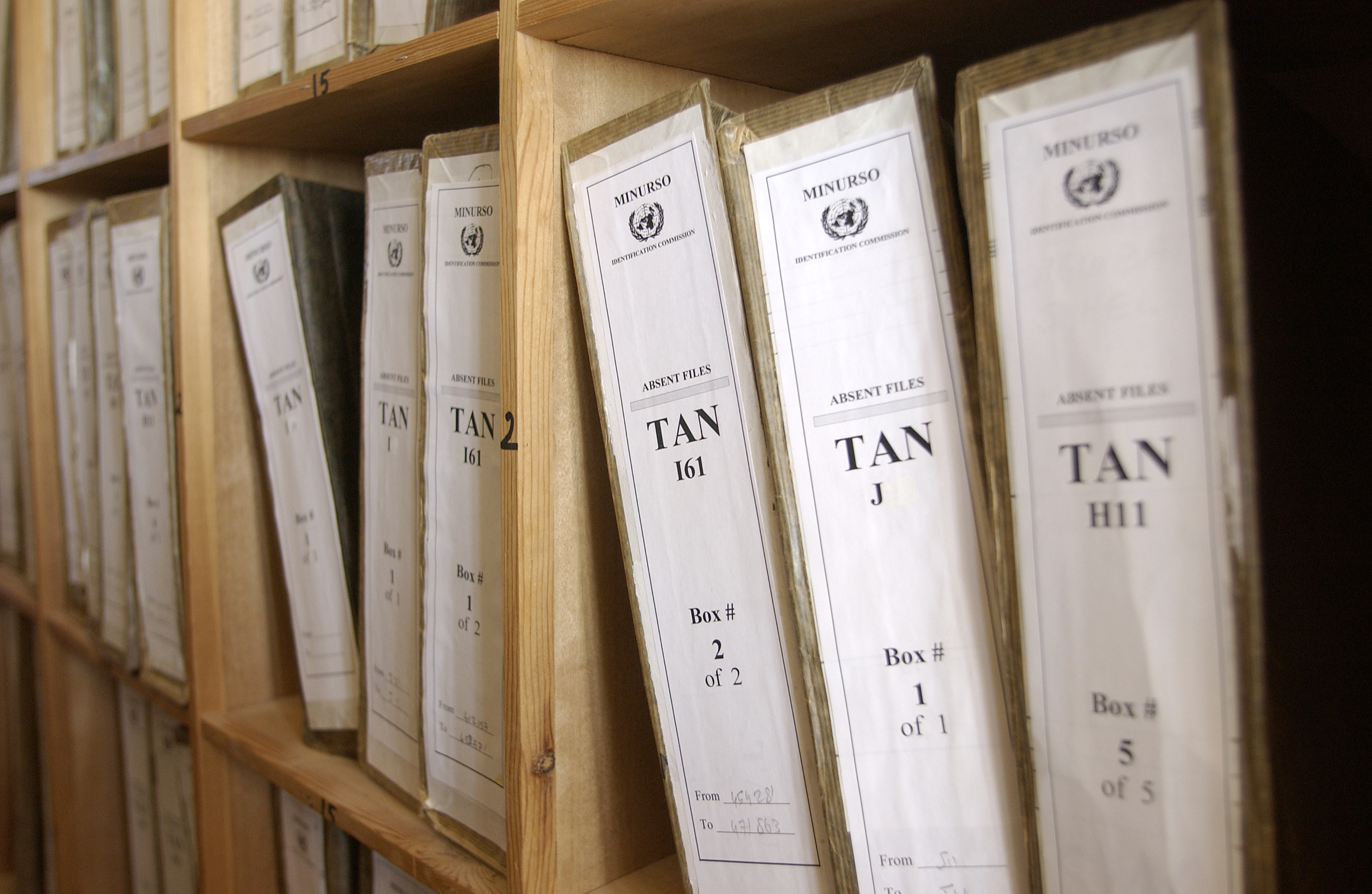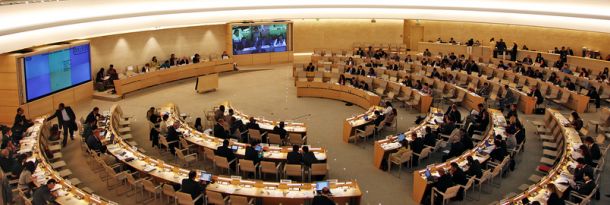Western Sahara Resource Watch today sent letter to the members of the UN Security Council, requesting them to demand a halt of plundering of occupied Western Sahara.
Melbourne, 21 April 2009
TO ALL MEMBERS OF THE UN SECURITY COUNCIL
Western Sahara Resource Watch, an international NGO whose aim is to ensure the proper application of international justice to the Western Sahara, wishes to convey the following:
1. The relevant organs of the United Nations have been concerned with the matter of the Western Sahara for several decades. The General Assembly, in the discharge of its responsibilities, has maintained consistently since 1966 (Resolution 2229) that the original peoples of Western Sahara have the right to self-determination. The Security Council, consistently since 1988 (Resolution 621), wishing to safeguard the peace and security of the Western Sahara, has insisted on the necessity of carrying out a referendum for self-determination by the Saharawi people. The International Court of Justice has stated in its Advisory Opinion of 16 October 1975 on the Western Sahara that the right to self-determination by the original peoples of the Sahara is not in doubt in any way.
2. Western Sahara Resource Watch draws the attention of members of the Security Council to the fact that the exploitation of the natural resources of the Western Sahara is being carried out in contravention of relevant international legal principles, including those reflected in the resolutions of the UN General Assembly (including resolutions 62/120 and 63/111) and Article 1 of both the International Covenant on Civil and Political Rights and the International Covenant on Economic, Social and Cultural Rights, both ratified by the Kingdom of Morocco. As established with great clarity by the UN Legal Counsel in 2002: ‘…if further exploration and exploitation activities were to proceed in disregard of the wishes and interests of the people of Western Sahara, they would be in violation of the principles of international law applicable to mineral resource activities in Non-Self-Governing Territories.’
3. The illegal exploitation of the natural resources of Western Sahara has as one its aims the consolidation of the military occupation and illegal colonization of Western Sahara by the Kingdom of Morocco. Not only are the proceeds of such activities used to finance an illegal military presence, but new immigrants are brought in by the Kingdom of Morocco to service this exploitation, thus producing
social and economic conflicts that are putting at risk the peace and security of the territory. The incidents of 21 July 2008 in the region of Dajla (formerly Villa Cisneros), where the Moroccan settlers attacked the few Saharauis employed in the fishing industry, represent a cause for alarm that should be carefully noted. For the above reasons, Western Sahara Resource Watch requests that the Security Council, in its resolution next week, call an immediate halt to all natural resource exploration and exploitation activities undertaken by the Kingdom of Morocco and other foreign interests in contravention of the principles of international law.
For further information, contact:
Cate Lewis, International Coordinator, Western Sahara Resource Watch
cate@wsrw.org
www.wsrw.org
UN’s Western Sahara vote raises more questions than it answers
Behind the headlines and diplomatic spin suggesting that the Security Council is now siding with Morocco lies a more complex reality - one that hinges on the very right that Rabat has spent decades trying to bury: self-determination.
WSRW calls on addressing plunder
WSRW calls on UN Member States to address Morocco's plunder of Western Sahara during Morocco's UPR review in November.
WSRW calls upon UN to halt the plundering
In its statement to the United Nations’ Special Political and Decolonization Committee (Fourth Committee), Western Sahara Resource Watch called for the establishment of a mechanism to place the proceeds from the exploitation of Western Sahara’s natural resources under international administration until the conflict has been resolved, and for the inclusion of a human rights component into the MINURSO mandate.
States urge Spain to respect Saharawi rights in Human Rights Council
Namibia and East-Timor have today recommended Spain to respect the Saharawi people's right to free, prior and informed consent with regard to the exploitation of Western Sahara's natural resources.


